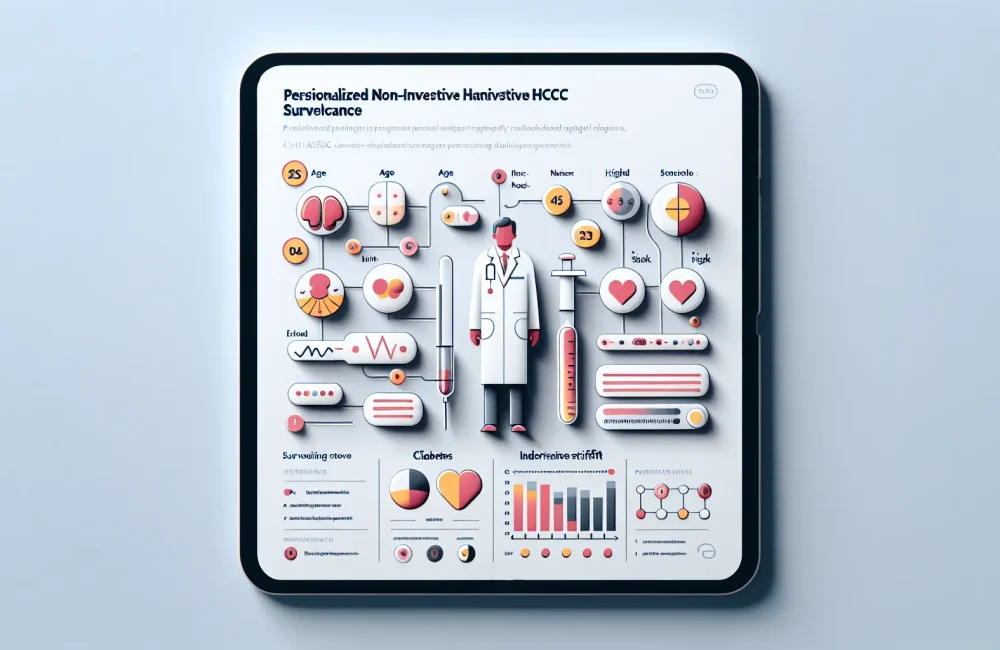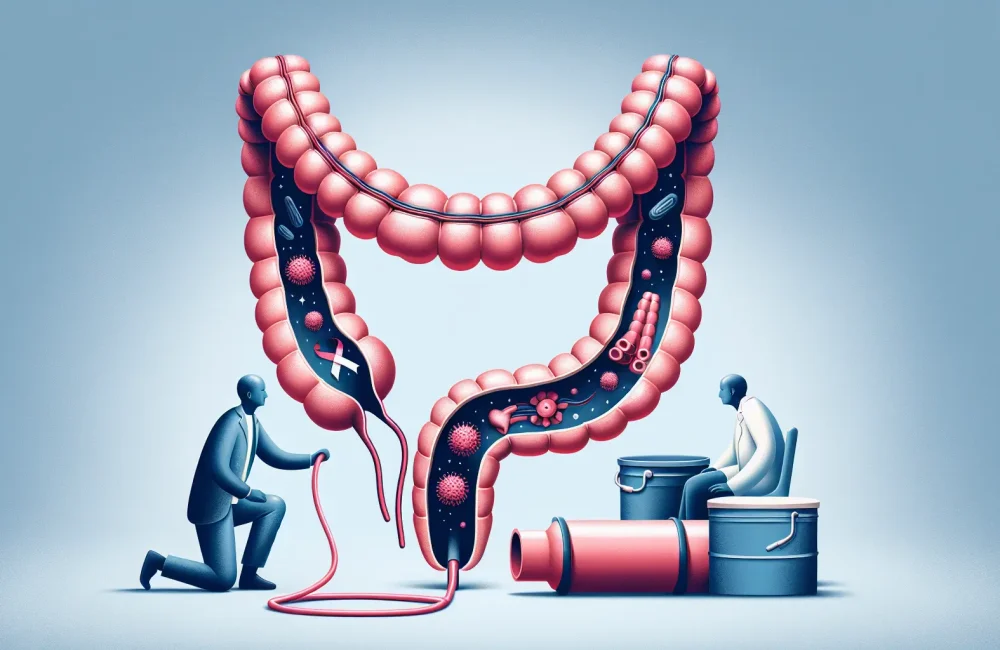By CAFMI AI From New England Journal of Medicine
Study Design and Patient Population
This pivotal study was a randomized, double-blind, placebo-controlled trial that examined extended anticoagulation with reduced-dose apixaban in patients with active cancer who had experienced venous thromboembolism (VTE). After completing at least six months of full-dose anticoagulation, 562 patients were enrolled and randomized to receive either low-dose apixaban (2.5 mg twice daily) or placebo. Patients were followed for a median duration of 18 months to evaluate outcomes. The study encompassed a diverse cancer population, reflecting various tumor types and risk profiles, ensuring broad applicability of findings to the oncology and hematology clinical settings. The primary outcome focused on the composite endpoint of recurrent VTE or death related to VTE, while the key safety measure was major bleeding events. This rigorous design allowed clear assessment of the efficacy and safety of extending anticoagulation therapy in a clinical scenario often encountered by oncology practitioners.
Key Findings and Clinical Implications
The trial demonstrated a statistically significant and clinically meaningful reduction in recurrent VTE or VTE-related death with extended reduced-dose apixaban compared to placebo, with a hazard ratio of 0.45 (95% confidence interval, 0.25 to 0.81; P=0.007). This corresponds to a more than 50% decrease in risk, marking a substantial advancement in secondary prevention of thrombotic events among cancer patients. Importantly, the incidence of major bleeding was low and did not differ significantly between the apixaban and placebo arms (2.1% vs. 1.8%, P=0.80), which addresses a major concern regarding bleeding risk in this population. Quality of life assessments favored apixaban users, suggesting that the extended therapy was well tolerated and did not adversely affect patient well-being. The benefits were consistent across multiple cancer subtypes and various patient subsets, indicating broad relevance and utility. These findings support the extended use of reduced-dose apixaban as a safe and effective long-term anticoagulation strategy for cancer-associated thrombosis, helping clinicians tailor ongoing management beyond the initial treatment phase.
Integration into Practice and Future Directions
From a practical perspective, these results endorse incorporating extended low-dose apixaban into clinical guidelines for managing patients with cancer-associated VTE who have completed the initial six-month anticoagulation period. The favorable benefit-risk profile means clinicians can confidently prolong anticoagulation with reduced doses to decrease recurrence without substantially increasing bleeding risk. Key counseling points include discussing adherence to the twice-daily regimen, monitoring for bleeding signs, and coordinating care with oncology teams to balance thrombosis and bleeding risks, particularly in complex cases. The study’s median follow-up of 18 months provides insight into mid-term outcomes, but individual risk stratification remains essential. Future research should aim to address optimal durations beyond this timeframe and evaluate similar strategies in other anticoagulants or cancer populations. In primary care and oncology settings, this evidence can refine workflows by emphasizing extended secondary prevention and patient education, ultimately improving long-term outcomes in this vulnerable group.
Read The Original Publication Here






